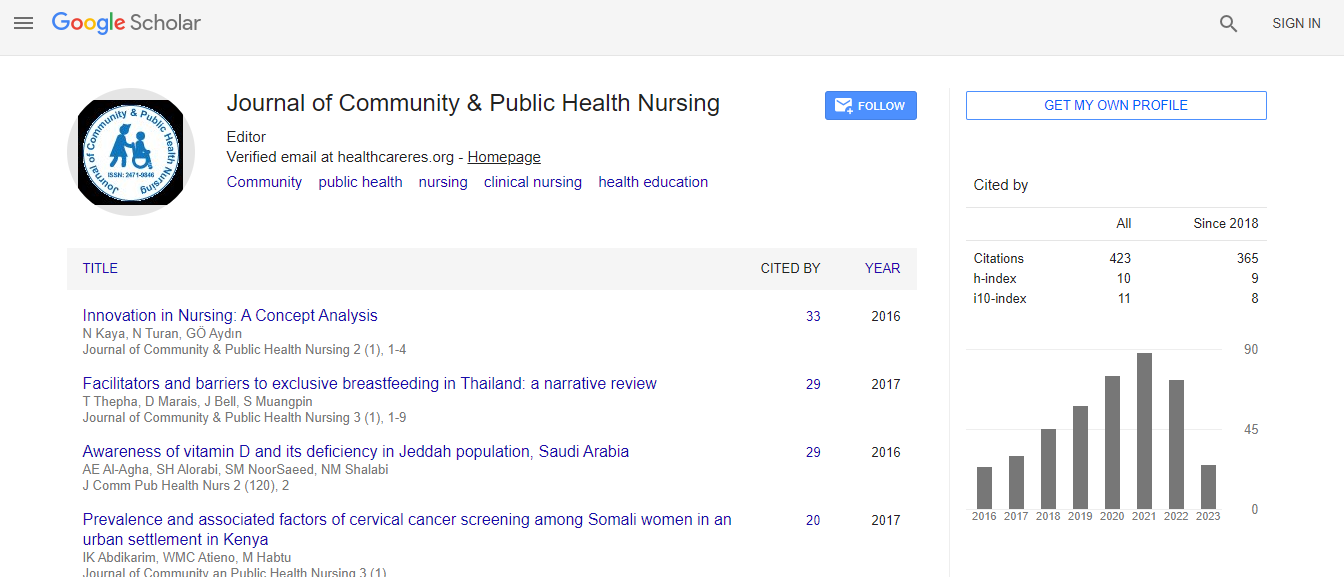Research Article
Effect of Health System Transformation on Two Main Public Health Issues: Prenatal Care and Tetanus Toxoid Vaccination
Neriman Aydin1, Birgul Ozcirpici1*, Ferhat Coskun2, Hakan Tuzun3 and Servet Ozgur11Department of Public Health, Faculty of Medicine, Gaziantep University, Turkey.
2Department of Public Health, Tarsus Community Health Center, Turkey.
3Department of Health Promotion, Ministry of Health, Ankara, Turkey.
- *Corresponding Author:
- Birgul Ozcirpici
Associate Professor
The Department of Public Health
School of Medicine, Gaziantep University
27310 Gaziantep, Turkey
Tel: +90 342 3603910/74452
Fax: +90 342 3601617
E-mail: ozcirpici@gantep.edu.tr
Received Date: July 25, 2016; Accepted Date: August 05, 2016; Published Date: August 12, 2016
Citation: Aydin N, Ozcirpici B, Coskun F, Tuzun H, Ozgur S (2016) Effect of Health System Transformation on Two Main Public Health Issues: Prenatal Care and Tetanus Toxoid Vaccination. J Comm Pub Health Nurs 2:133. doi:10.4172/2471-9846.1000133
Copyright: © 2016 Aydin N, et al. This is an open-access article distributed under the terms of the Creative Commons Attribution License, which permits unrestricted use, distribution, and reproduction in any medium, provided the original author and source are credited.
Abstract
Background: Health care systems in many countries are changing, for a variety of reasons. This brings both opportunities and threats for public health professionals. Monitoring of preventive services becomes more important during these transition periods.
Objective: It was aimed to determine tetanus toxoid vaccination and prenatal care coverage of mothers, to establish how routine services are affected by changes in the health care system.
Methods: Two descriptive, cross-sectional studies were conducted in the city center of Gaziantep, Turkey by the Lot Quality Assurance Sampling Technique. The first study was applied just before transition, and the second was applied one year after transition to family medicine.
Results: While a total of 82.8% mothers received first dose of tetanus toxoid in Gaziantep before the transition, it increased significantly to 90.1% (p<0.005) after the family medicine. Of the mothers, 82.8% received prenatal care before transition, it was 92.5% after family medicine (p<0.005). The percentage of mothers who gave birth in a health facility declined to 98.1% from 99.3%. The number of unacceptable lots dicreased from 22 lots to 10 lots after system change.
Conclusion: A relatively high coverage was achieved for the first dose of tetanus toxoid and, prenatal care after family medicine. However, the coverage for booster doses are still under to be desired.

 Spanish
Spanish  Chinese
Chinese  Russian
Russian  German
German  French
French  Japanese
Japanese  Portuguese
Portuguese  Hindi
Hindi 
